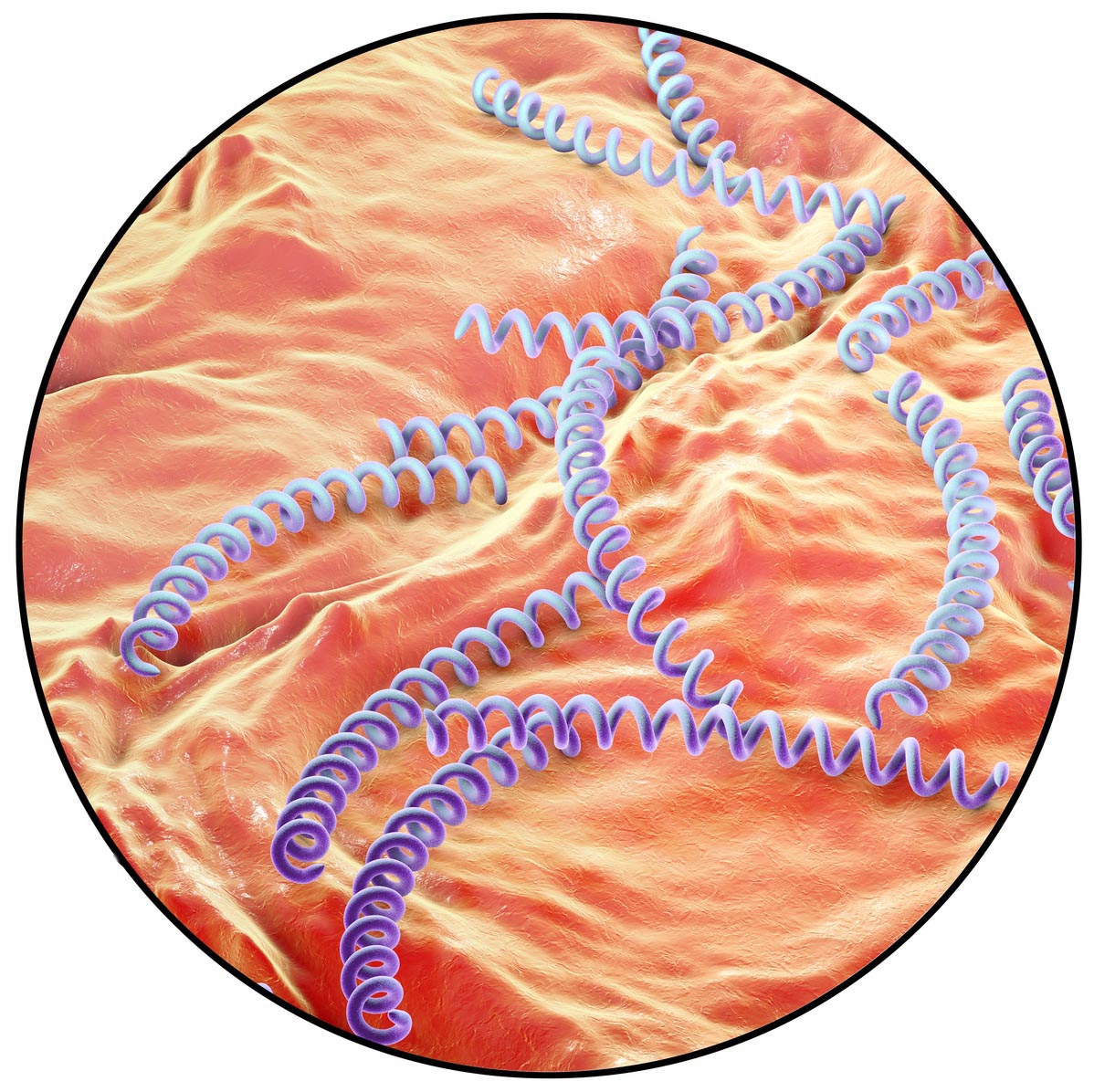About Sexually Transmitted Infections (STIs)

It may feel scary or embarrassing to talk to a healthcare provider about your sexual health. Don’t forget that IHS providers are here to raise the physical, mental, social, and spiritual health of American Indians and Alaska Natives to the highest level. Each of these elements of health can be tied to our sexual health. No question is too big or too small.
STIs caused by bacteria
- Syphilis: Syphilis infection occurs in stages – primary, secondary, latent, and tertiary. Symptoms differ by stage of infection. Syphilis can also be transmitted to a baby during pregnancy. This is called congenital syphilis. Syphilis is caused by the bacterium Treponema pallidum and can be treated and cured.
- Gonorrhea: Infection may affect the genitals, rectum, and throat – so it is important to test every site that may have been exposed. Most of the time, this infection does not have any symptoms. When symptoms are present, they can often be mistaken for other healthcare concerns. These symptoms include burning or painful urination, discharge, and irregular vaginal bleeding. Gonorrhea is caused by the bacterium Neisseria gonorrhoeae and can be treated and cured.
- Chlamydia: Most patients do not have symptoms. If symptoms are present, patients may experience vaginal or penile discharge and/or burning or painful urination. These bacteria can also be spread to a baby during childbirth. Chlamydia is caused by the bacterium Chlamydia trachomatis and can be treated and cured.
STIs caused by a virus
- Herpes Simplex Virus (HSV): HSV can cause oral or genital herpes. Sometimes, people with oral herpes get cold sores or fever blisters on or around the mouth. Genital herpes may not have any symptoms. During a “flare”, sores or blisters may appear around the genitals, rectum, or mouth. These sores are often painful and may take a while to heal. HSV infection can be treated but not cured.
- Human Immunodeficiency Virus (HIV): HIV attacks the immune system, leading to difficulty fighting off other infections. Shortly after the virus enters the body, some people may feel like they have the flu – others won’t have symptoms at all. After the initial infection, people typically do not have symptoms. However, for people living with HIV it is important to take medication for treatment to live a long and healthy life. HIV can be treated but not cured.
- Hepatitis: Hepatitis B and Hepatitis C can both be transmitted sexually. Early infection may present with flu-like symptoms; however, some people do not have any symptoms. If left untreated, hepatitis can cause inflammation of the liver and lead to serious illness. Hepatitis B can be prevented by receiving a vaccine. Sometimes, the immune system can clear these viruses without medication. Chronic Hepatitis B can be treated but not cured. Hepatitis C can be treated and cured.
- Human Papilloma Virus (HPV): HPV is the most common STI. There is a vaccine available to patients ages 9 to 45 to prevent infection from occurring. The immune system may clear the virus on its own; however, sometimes the virus may continue on to cause other health problems, including genital warts, cervical precancer, and other related cancers. Treatments are available for these health problems, but not for the virus.
STIs caused by a parasite
- Trichomoniasis: Most people will not have signs or symptoms of infection. Some patients may experience burning upon urination, irritation, and/or discharge. Trichomoniasis is caused by the protozoan parasite Trichomonas vaginalis and can be treated and cured.
Other conditions
- Bacterial Vaginosis (BV): BV is caused by an overgrowth of bacteria and may cause vaginal discharge, odor, itching, burning, or irritation. BV is not classified as an STI but can increase the risk of acquiring other STIs. BV can be treated and cured.
- Pelvic Inflammatory Disease (PID): PID is a complication that may occur when STIs are left untreated. Inflammation is caused by infection and can affect the reproductive tract, leading to endometritis, salpingitis, abscess, and pelvic peritonitis. PID can be treated and cured.
- Epididymis: a complication that may occur when STIs are left untreated. Patients may experience pain or discomfort in the scrotum, testicle, or epididymis. Sometimes, there is also swelling. Epididymis can be treated and cured.
General Information
- From the National Institutes of Health's Medline Plus, Sexually Transmitted Diseases .
- From the Office on Women’s Health, articles on Sexually Transmitted Infections.
- Download basic CDC Fact Sheets on common STIs.
- Read more about common sexually transmitted infections from the CDC including Syphilis, Chlamydia, Gonorrhea, Genital Herpes, Bacterial Vaginosis (BV), HIV, Human Papillomavirus (HPV), Mycoplasma genitalium (Mgen) Pelvic Inflammatory Disease (PID), Trichomoniasis, and STDs and Infertility


